Articles containing: healthy development
Navigating Special Education in Schools Part 2: Working with the Team and Your Child
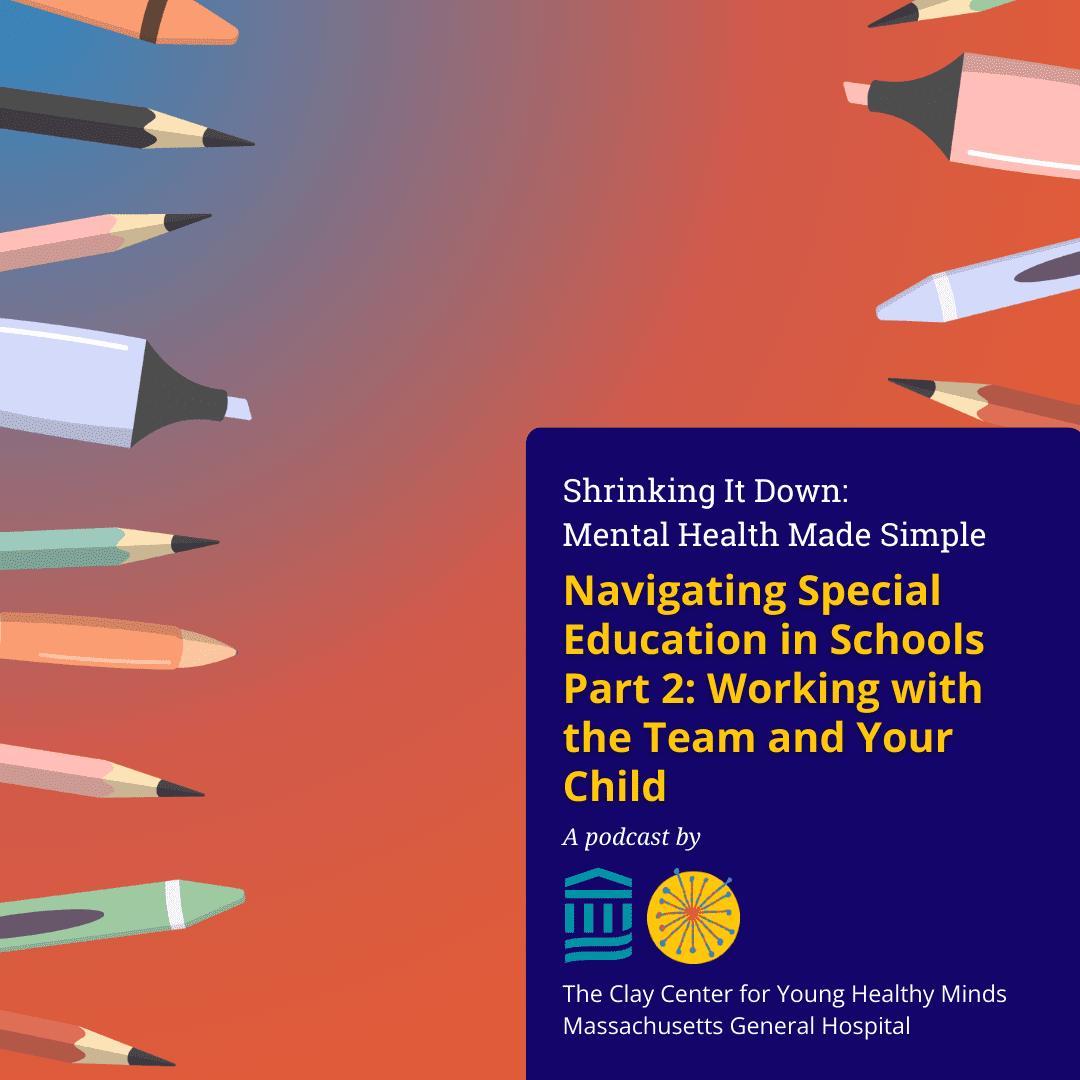
This is the first blog post in a two-part series on navigating special education in schools. The focus of this first post is on general legal and practical tips for parents. The second post focuses on working with the IEP and your child.
“Walking in Another Character’s Armored Boots”: How Role-playing and Therapy Intertwine
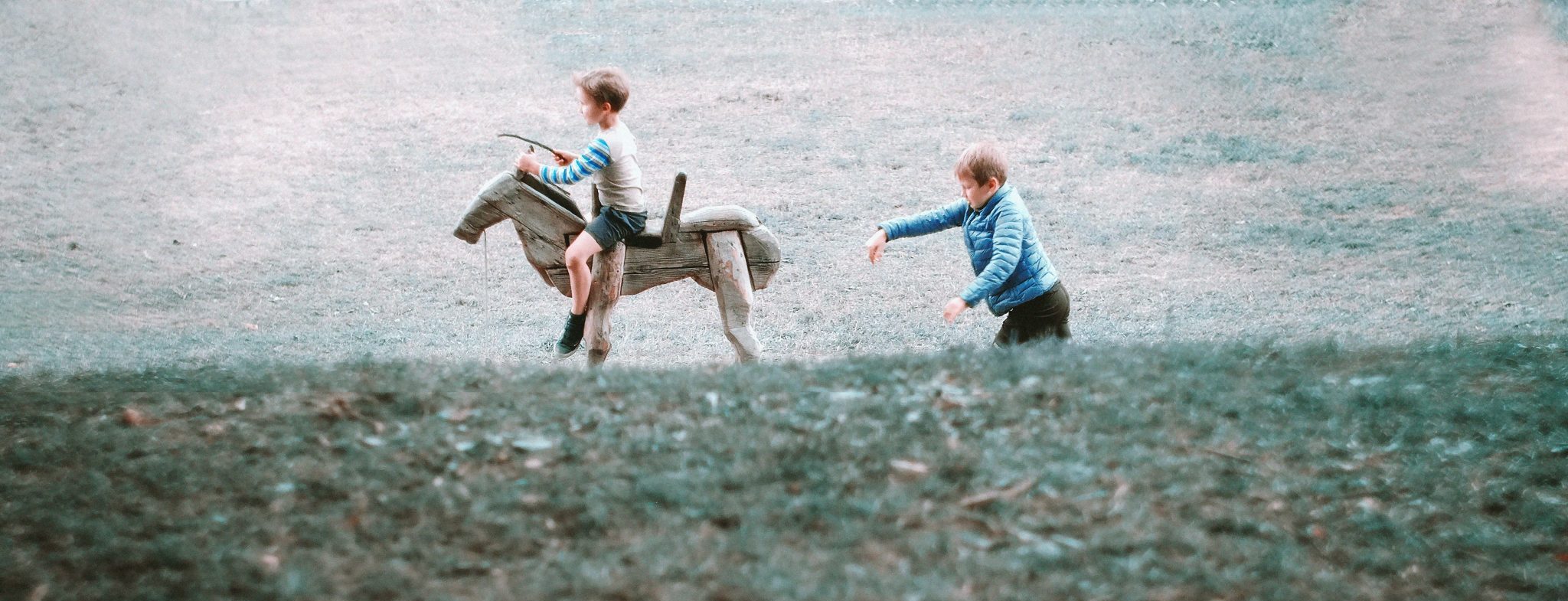
Role-play is one of the most basic ways we learn about how to interact with other people, our identity, the world we’re in, and our place in it. It’s something we almost universally do as children and frequently continue as adults.
How to Help Young People Cope With Grief and Loss During COVID-19

Este artículo está disponible en español.
The novel coronavirus pandemic has posed a novel way of life for all of us. Beyond concerns about contagion, prevention, or slowing down its spread, and fears of illness and access to healthcare, one thing is clear.
When Young People Lose a Hero to a Tragic Death

Most of us, young and old, were stunned by the tragic death of Kobe Bryant along with his daughter. Whether you are a Laker’s fan or not, Kobe represented something more, including for young people.
Tom Brady said it this way in a Twitter statement:
“And in this tragedy, I have learned so much.
AsperDad: Growing Up With a Parent on the Autism Spectrum (Maybe)
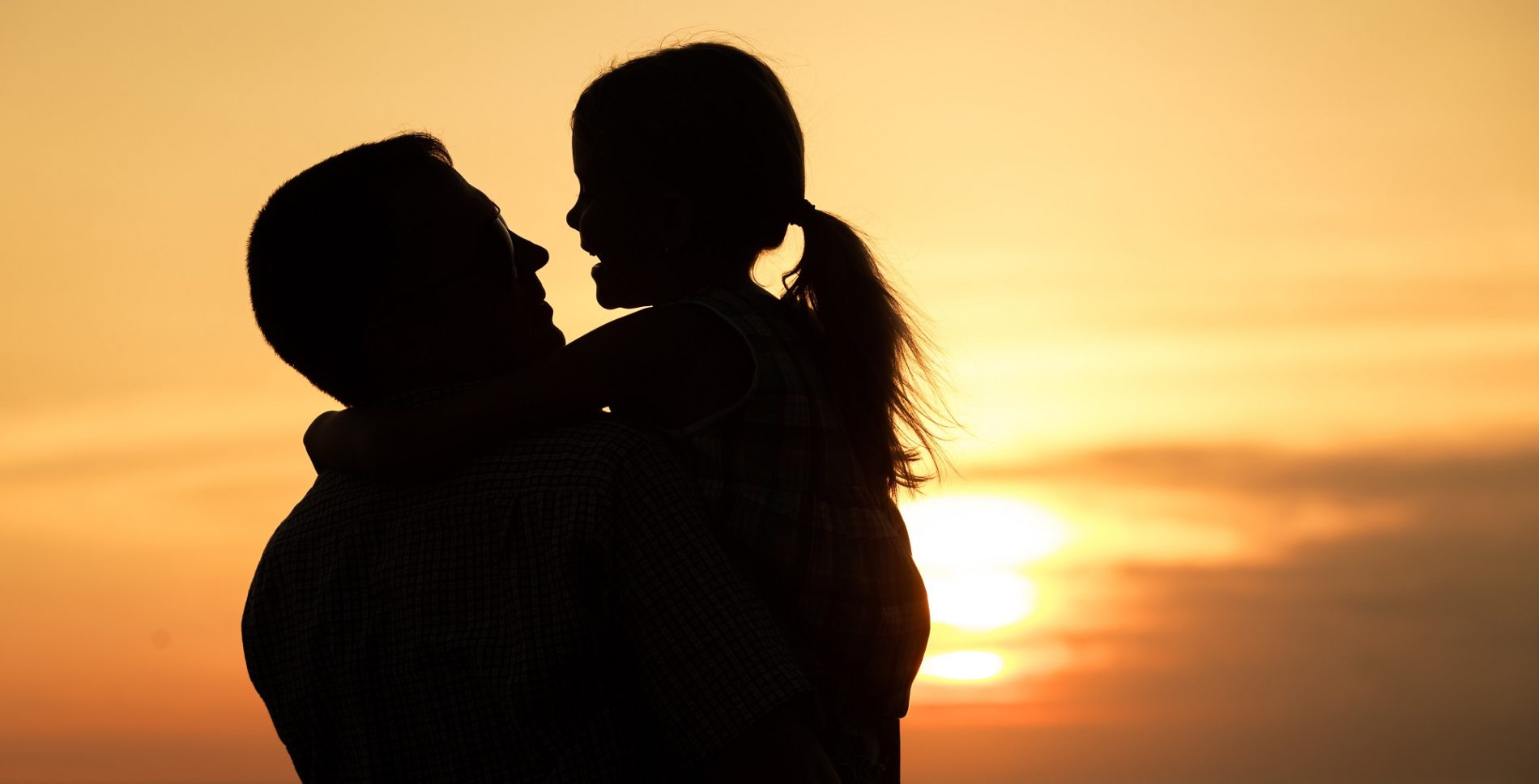
This blog post is part of a series entitled Real Lives, Real Stories.
The following person’s account of his/her personal experience has been published with her consent to support the mission of The Clay Center for Young Healthy Minds, and to let others in similar situations not feel so alone.
Is Your Teen an Emotional Sponge? – Shrinking It Down
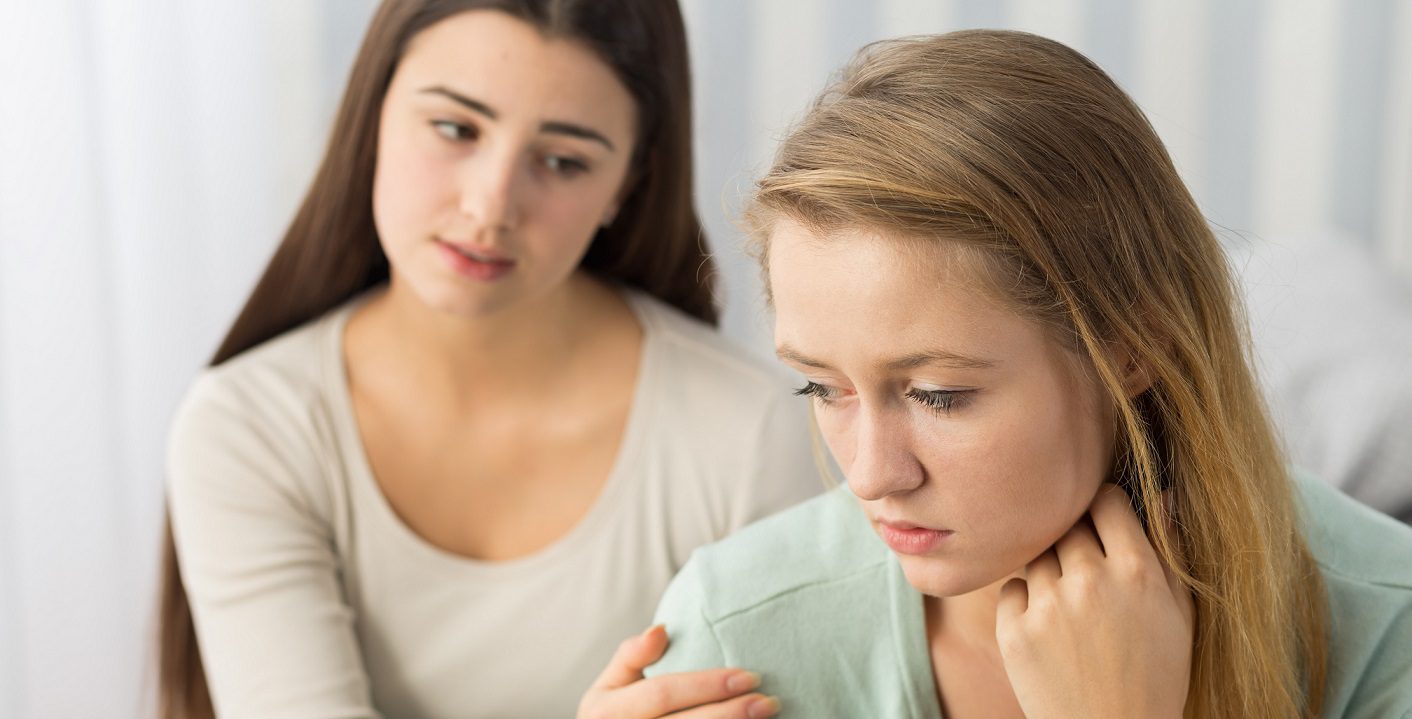
Peers can be an excellent source of social support, and it’s great that more young people today talk to friends about their emotional challenges. But for every teen who shares, there’s another teen absorbing the info like an emotional sponge.
New Year’s Resolutions: How To Make Them Work
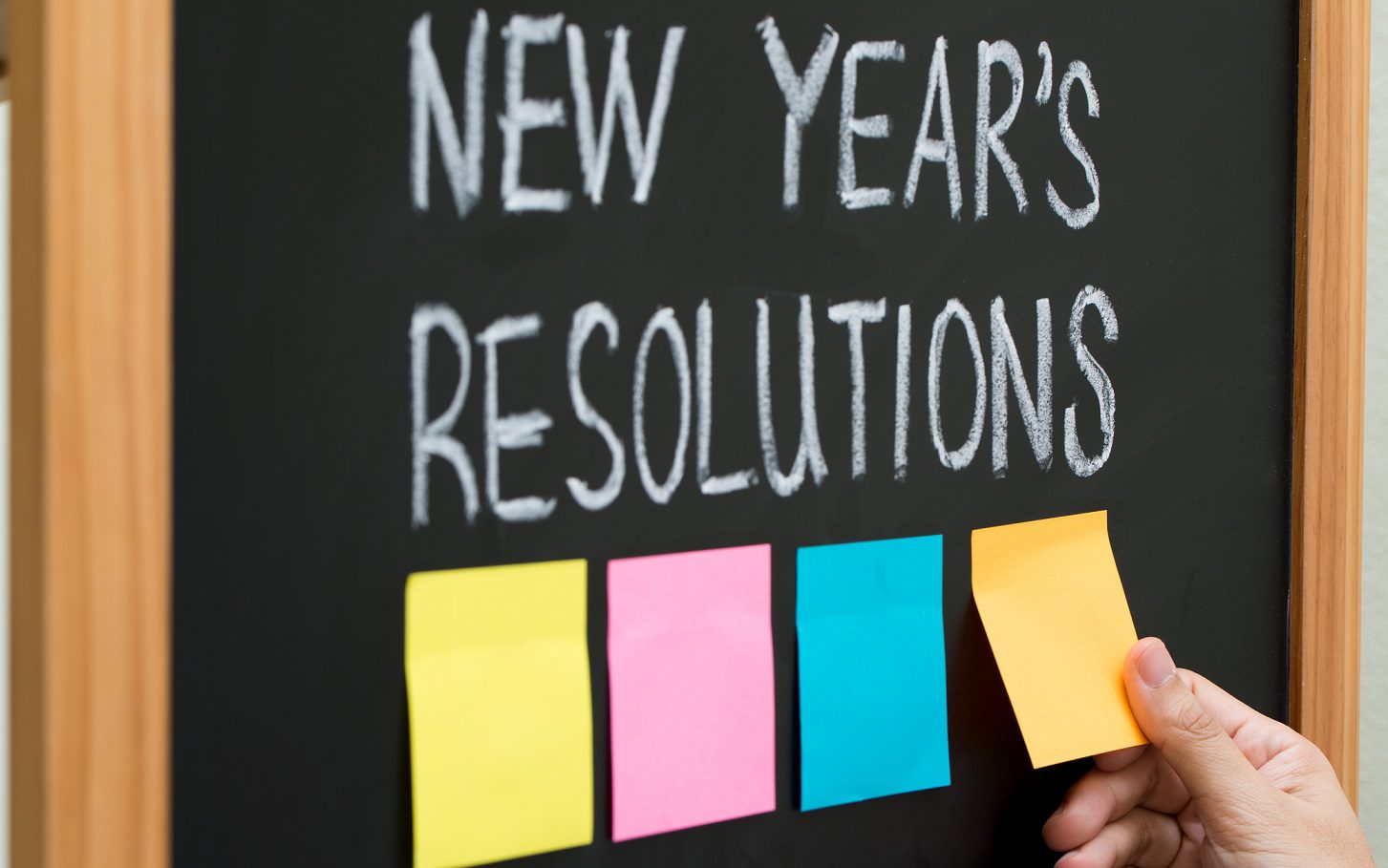
New Year’s resolutions…
Many of us have made them in the past, and I bet some folks have even followed through with them! But if we’re honest, most of us don’t follow through with the goals we set at the start of the year. One study found that less than half of those who made resolutions were still sticking them by June.
Healthy Body, Healthy Mind
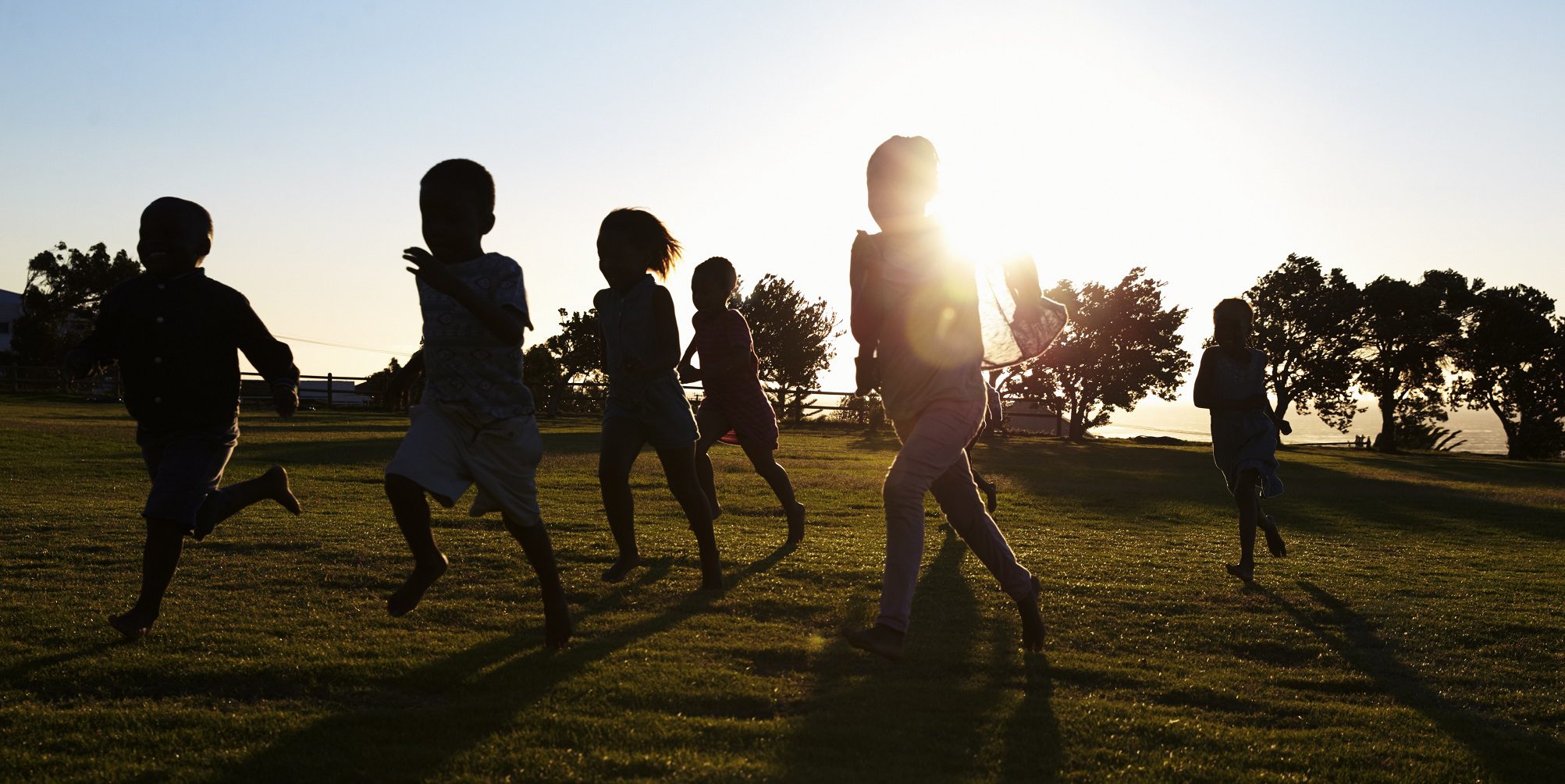
“When you feel good, you have a much better chance to make good decisions.” – Ming Sun
The divide between mind and body has been debated for centuries. As we learn more about how our physical health influences our mental well-being, this divide becomes harder to find.
What Is a Personality Disorder?
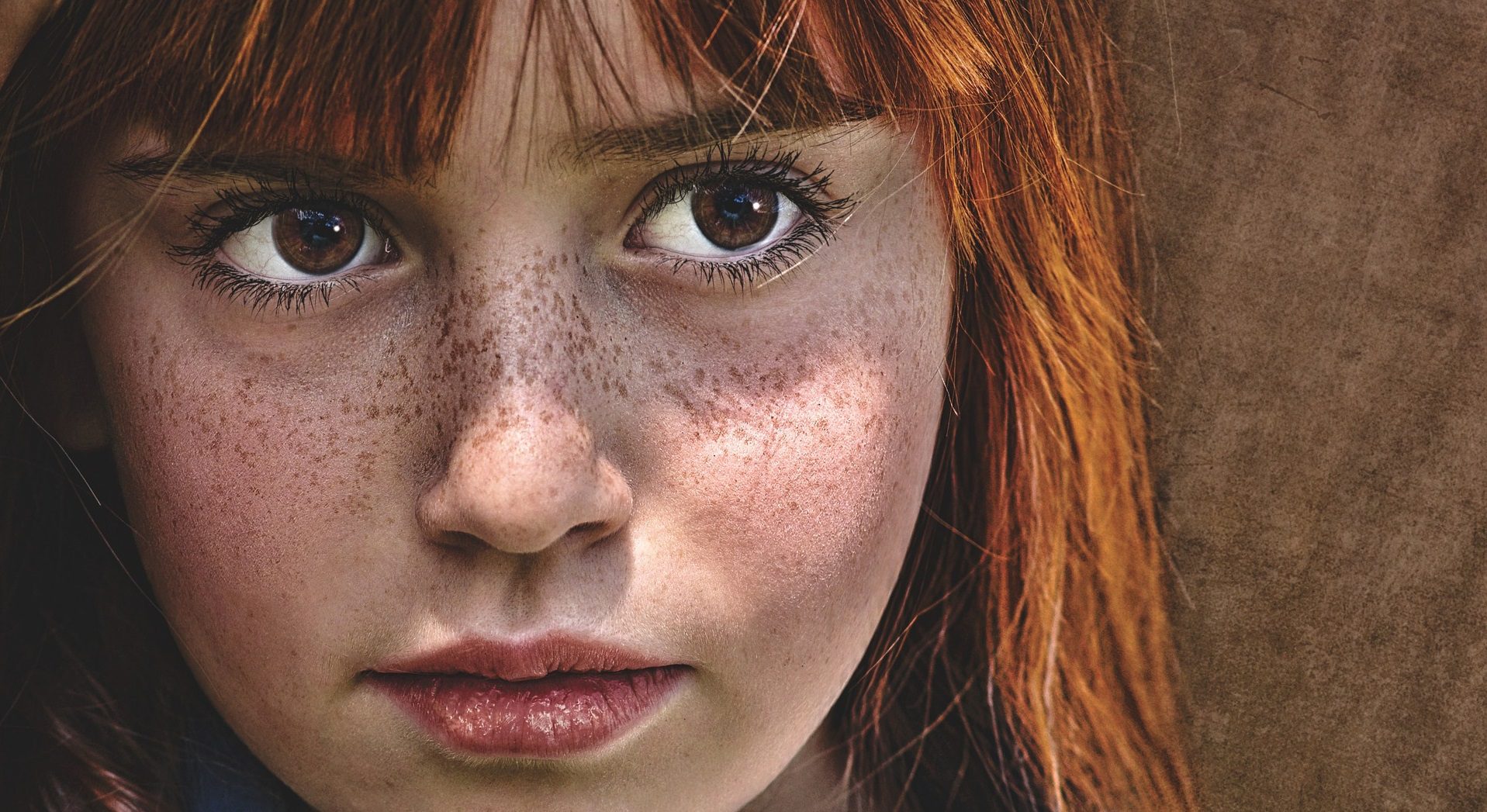
I’ve always had a problem with the label “personality disorder,” and so have many of my patients. I think it’s because we typically associate “personality” with a “person,” so the term seems to suggest that there’s something wrong with the human being.
Q+A: What Is Separation Anxiety Disorder?
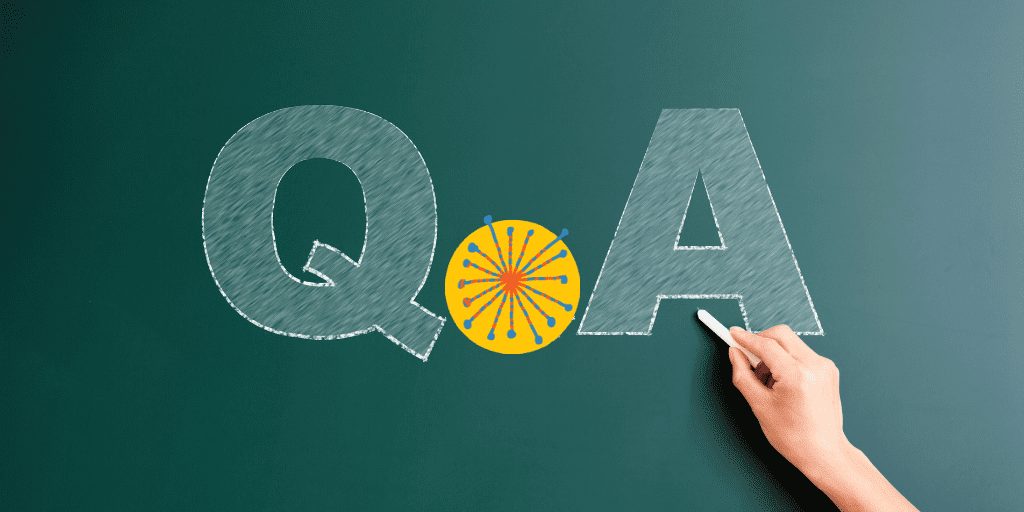
Este artículo está disponible en español.
My 4-year-old was just diagnosed with Separation Anxiety Disorder. What is it?
You may already have guessed from the name of the diagnosis that separation anxiety disorder has something to do with the anxiety a child feels when separated from parents or caregivers.



